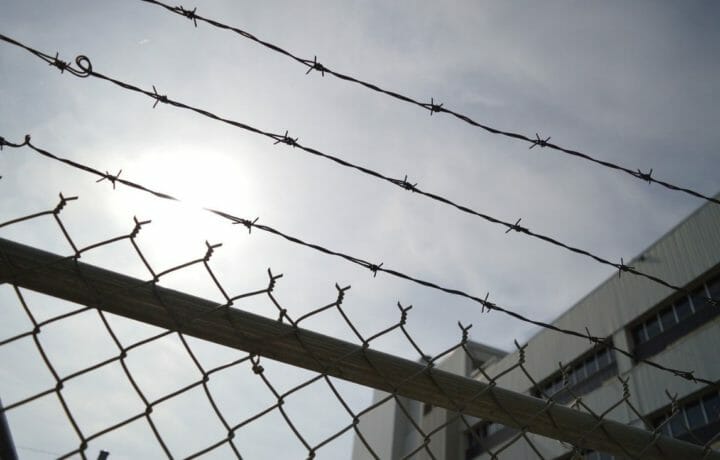On November 9, U.S. District Judge Gina M. Groh sentenced Jonathan and Diana Toebbe to long prison sentences for their theft of U.S. Navy nuclear secrets. Interestingly, Judge Groh gave Diana Toebbe (21-years) a longer prison sentence than her husband (19-years).
The Toebbes’ original plea agreement was rejected by Judge Groh in August and the couple was told at that time they may resubmit a revised plea or face a jury trial, on all charges. In late-September, they resubmitted a revised guilty plea. They pled to one count of conspiracy to communicate restricted data, a felony, in exchange for dropping other charges.
The upper range of punishment for that crime is no more than life in prison plus a possible fine of up to $10,000 and supervised release of no more than five years. The plea did not indicate a minimum sentence, thus giving the judge the leeway to adjudicate and sentence as she felt appropriate.
“These actions are a betrayal of trust, not only to the U.S. Government, but also to the American people,” said Assistant Director Alan E. Kohler Jr. of the FBI’s Counterintelligence Division. “All U.S. Government employees swear to support and defend the Constitution of the United States, and with that oath comes the obligation to protect sensitive information. Those entrusted with such grave responsibility must be held accountable if they violate their oath and betray their country. The investigation which led to today’s sentencing is a reminder that the FBI and our partners will continue to doggedly pursue those who betray their sworn oath and those who aid them.”
The theft of the nuclear secrets was conducted by Jonathan Toebbe, with his spouse, Diana working as his accomplice acting as a counter-surveillant and providing minimal amount of support if one listened to the prosecutors. Judge Groh saw things differently and characterized Diana Toebbe as “driving the bus.” The Judge opined that Diana was more than just minimally involved in the original crime of attempted espionage, and continued to attempt to direct her husband’s actions while being held in Federal custody.
Judge Groh, highlighted Diana Toebbe’s efforts to clandestinely communicate with her husband, once through the prison laundry and a second time by posting a letter to an erroneous address with his name as the sender (so that the letter would be “returned” to Teobbe by the postal service). Both letters were intercepted by prison authorities and did not make their way to Jonathan. The letters directed Jonathan to disavow his wife’s knowledge of the crimes committed and to take sole responsibility for the crimes.
The Judge continued how Jonathan had utilized his time in prison engaged in teaching fellow inmates, and in her opinion, showed genuine remorse for his crime, while Diana was manipulative and in the opinion of the judge, showed no remorse. She described Diana’s efforts as “That’s obstruction, plain and simple. It’s encouraging a co-defendant to lie to save the other co-defendant’s rear.” Diana’s efforts earned her nine additional years, added to the sentencing calculus.




